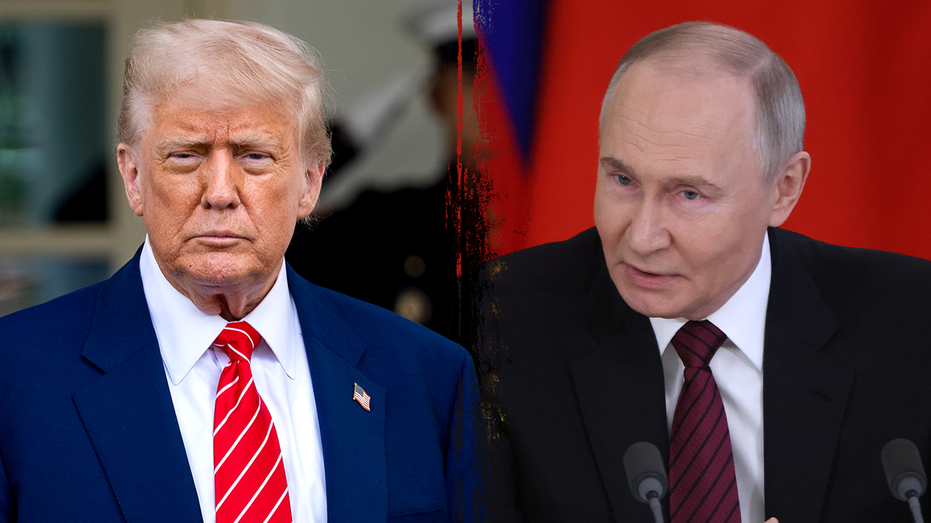Putin Warns Trump of Russia's Response to Ukrainian Attack on Warplanes
President Trump reveals he had a lengthy phone call with Putin discussing recent Ukrainian attacks.

President Donald Trump announced on Wednesday that he had held a lengthy telephone conversation with Russian President Vladimir Putin following a high-profile Ukrainian drone strike that devastated Russian military assets. The call, which lasted approximately an hour and 15 minutes, centered on escalating hostilities between Kyiv and Moscow, particularly the destruction of dozens of Russian warplanes in a recent Ukrainian operation.
Trump emphasized online that the discussion was “not a conversation that will lead to immediate Peace,” signaling ongoing tensions despite diplomatic outreach. According to Trump, Putin underscored his intention to respond forcefully to what the Russian leader described as provocations by Ukraine, including the unprecedented attack on several Russian airfields. “President Putin did say, and very strongly, that he will have to respond to the recent attack on the airfields,” Trump stated in his social media remarks.
The backdrop to this conversation is Operation Spider’s Web, an ambitious Ukrainian campaign that resulted in the destruction of over 40 Russian bomber jets and surveillance planes earlier this week. The coordinated drone strikes marked one of Ukraine's deepest and most destructive attacks inside Russian territory since the conflict began. Russia’s defense ministry confirmed that five airfields were struck during the operation, further inflaming bilateral hostilities and prompting threats of retaliation from Moscow.
Ukrainian President Volodymyr Zelensky personally oversaw the operation, which reports indicate took more than 18 months to plan and execute. The White House clarified that the Trump administration received no advance notice about the Ukrainian strike, underscoring the strategic independence of Kyiv’s military decisions amid international efforts to contain the conflict.
Tensions were further heightened by additional attacks earlier in the week, including a massive underwater explosion targeting a bridge connecting Russia to Crimea, as well as a rocket artillery barrage in the northeastern Ukrainian city of Sumy. President Zelensky condemned the Sumy strike as a “savage” assault, accusing Russian forces of targeting civilian infrastructure and residential areas.
The Russian government, meanwhile, issued a sharply worded statement after the Trump-Putin call, accusing Ukrainian authorities of having “degenerated into a terrorist organization.” Russian officials also referenced ongoing negotiations in Istanbul, with presidential aide Yuri Ushakov describing the talks as “useful,” even as prospects for a ceasefire remain distant.
Former President Trump has positioned himself as a potential mediator, having repeatedly advocated for new peace talks between Russia and Ukraine. However, these diplomacy efforts have so far yielded little progress, with Putin’s demands for significant territorial concessions remaining unacceptable to the Ukrainian side. The latest round of negotiations concluded without agreement, and each side continues to blame the other for the lack of momentum toward a peaceful resolution.
In addition to the war in Ukraine, Trump revealed that he and Putin discussed Iran’s nuclear ambitions during their phone call. Trump reported that both leaders agreed on the urgent need to prevent Tehran from acquiring nuclear weapons, with Putin offering to participate in further discussions aimed at accelerating a diplomatic solution. “It is my opinion that Iran has been slowwalking their decision on this very important matter, and we will need a definitive answer in a very short period of time!” Trump wrote.
As fighting rages on and geopolitical fault lines deepen, hopes for any rapid end to the war remain remote. The exchange between Trump and Putin highlights both the complexity of the conflict and the willingness of multiple world leaders to engage—often with starkly different objectives—in pursuit of their national interests. With sanctions debates stalling and violence escalating, the search for a lasting peace continues to elude all parties involved.




